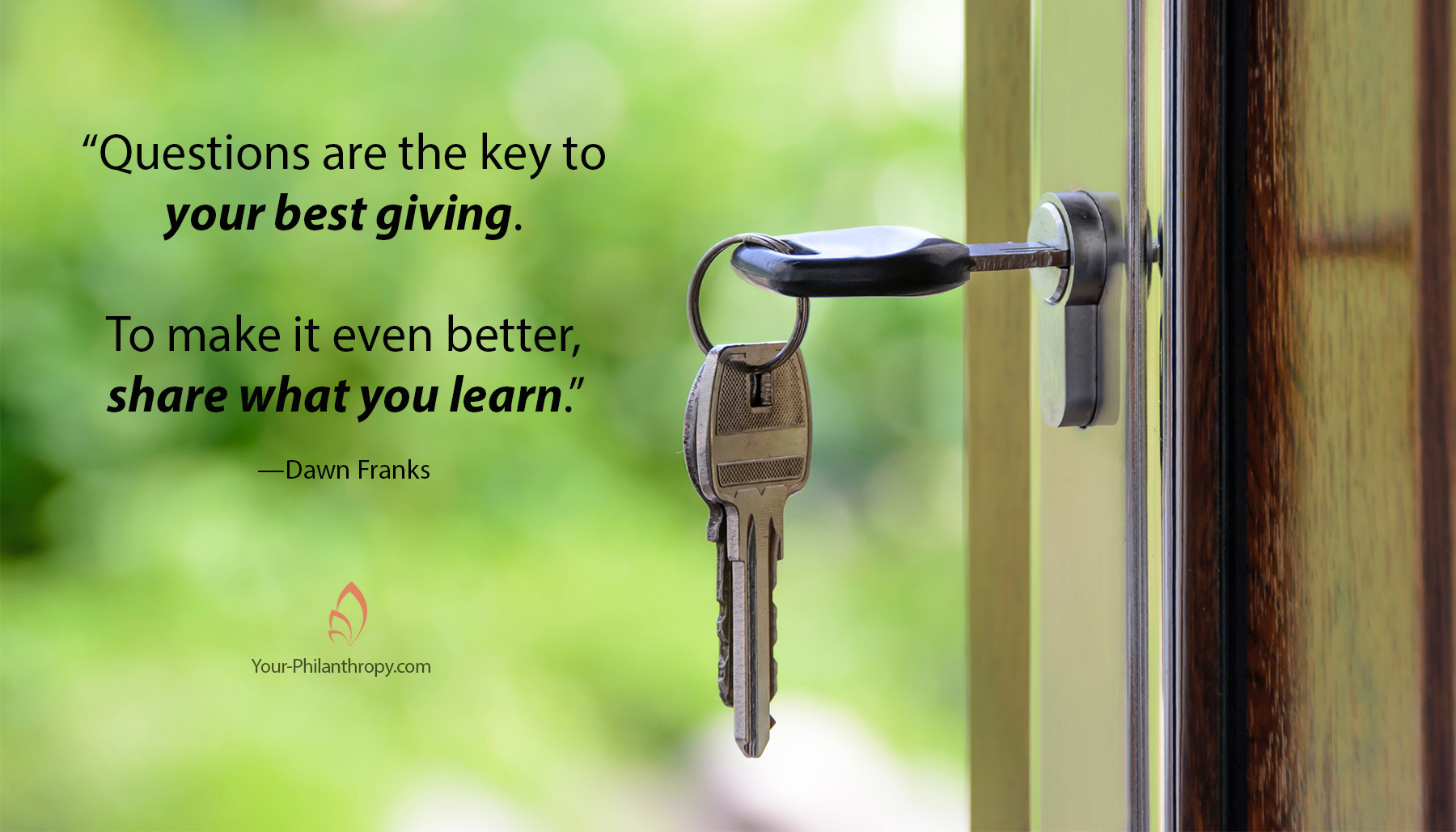Walking into Mr. Anderson’s eighth-grade physical science class on the first day of school, I expected it to be like all the other classes. New teachers, lots of new kids, books, class rules, etc. But Mr. Anderson wasn’t like the other teachers.
Mr. Anderson joined the circle of a dozen desks as if he were one of us. Pointing to a stack of books, he invited us to help ourselves.
Assuming a science book was a requirement, we all dutifully grabbed one. Mr. Anderson waited. Back in our seats, we waited. Finally, he asked what we wanted to learn this year. We stared in silence. No ideas.
Finally, Mr. Anderson asked what grade we wanted to earn in his class this year. Now, completely off balance, we were shifting in our seats and glancing at each other. That’s not how it works. No teacher had ever asked me to declare my grade before I completed a single assignment.
The next day Mr. Anderson started the class by asking the grade question again. This time he was ready to write it down in his grade book in ink. My mind was racing.
Was this the most unprepared teacher in history? Were the twelve of us the luckiest kids in school? Day two, pick your grade, done.
Or, what if he is serious; what grade am I willing to work toward? What grade do I believe I deserve? Was I brave enough to say an A, or was I a B student?
What was the correct answer?
Isn’t that what we most often do when faced with a question? We try to figure out what the asker wants to hear. What answer is correct?
Yesterday, I called a nonprofit executive director to learn more about the damage they had experienced from a recent weeklong winter storm. My phone call was unexpected. We had not spoken before and she didn’t know the funder I represented.
I had limited details about the damage from an article in the local newspaper, but I knew the funder would need more information before making a gift. I could hear the executive director trying to moderate the answers to my unexpected questions. It was essential to leave me with the impression that they had a plan, and the organization would be okay. She also needed me to know they did need help to get through the crisis. The executive director was unprepared for the questions but needed the correct answers to earn the gift.
Tips to Get the Answers You Need Before You Give
- Start with a real conversation, best in person or by phone. Establish a connection.
- Email is okay when additional information is helpful.
- Be clear about the information you seek.
- If it’s about a program or project, ask detailed questions.
- After you have the big picture, target your questions.
- Pay attention to answers and identify the information gaps. Ask for more explanation.
- Listen and ask another question.
If you are fact-finding, let the organization know you’re undecided or that others are involved in making the final decision. Executive directors and fundraisers appreciate the opportunity to talk with donors directly. Such connections are key to good gift decisions.
I learned a lot about questions and answers in Mr. Anderson’s science class. After seriously pondering the grade question, I finally said, “maybe an A-minus.” It was an honest answer. I aspired to be a good student, but my report card reflected a fair share of B grades. I already understood the art of moderation.
As the weeks evolved, it was clear Mr. Anderson expected us to decide as a group what we wanted to study, what to read from the book, what to skip over. We struggled with the concept of self-education. Mr. Anderson sat in our circle every day and just asked questions. No assignments, no tests.
Later in the year, we were making a stab at understanding photosynthesis and how plants grow. Mr. Anderson suggested we share what we learned with a class of third graders.
That changed our work, what we needed to learn. Now we had a purpose. After many more questions and planning, we headed to third-grade classes to lead photosynthesis projects.
Questions were the key to our science education that year. We searched for answers, and we shared what we learned. Questions are the key to your best giving. To make it even better, share what you learn.
What questions do you ask the nonprofit? What answers do you want to hear?
Like it? Use it. Share it. Comment below.


0 Comments